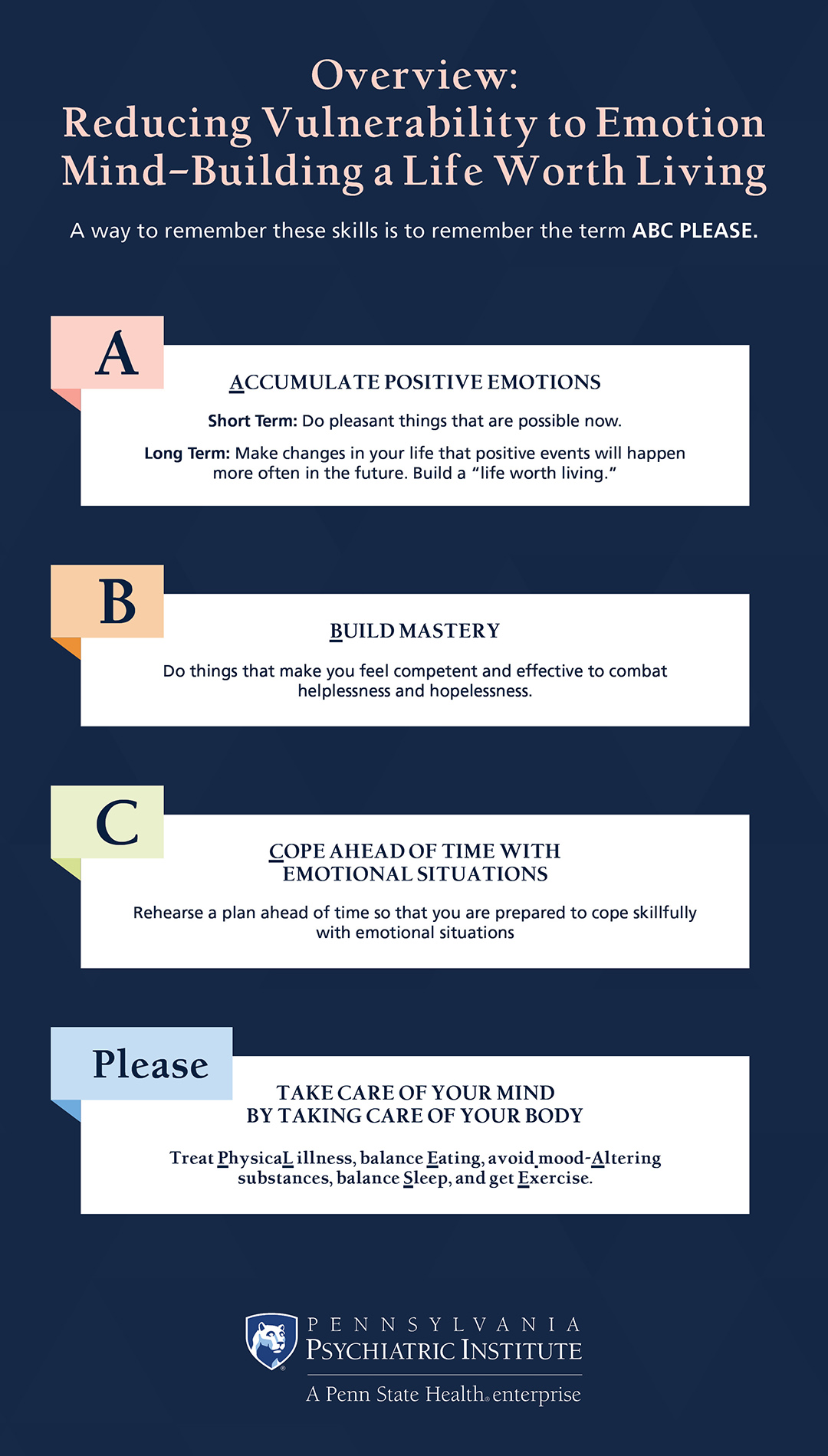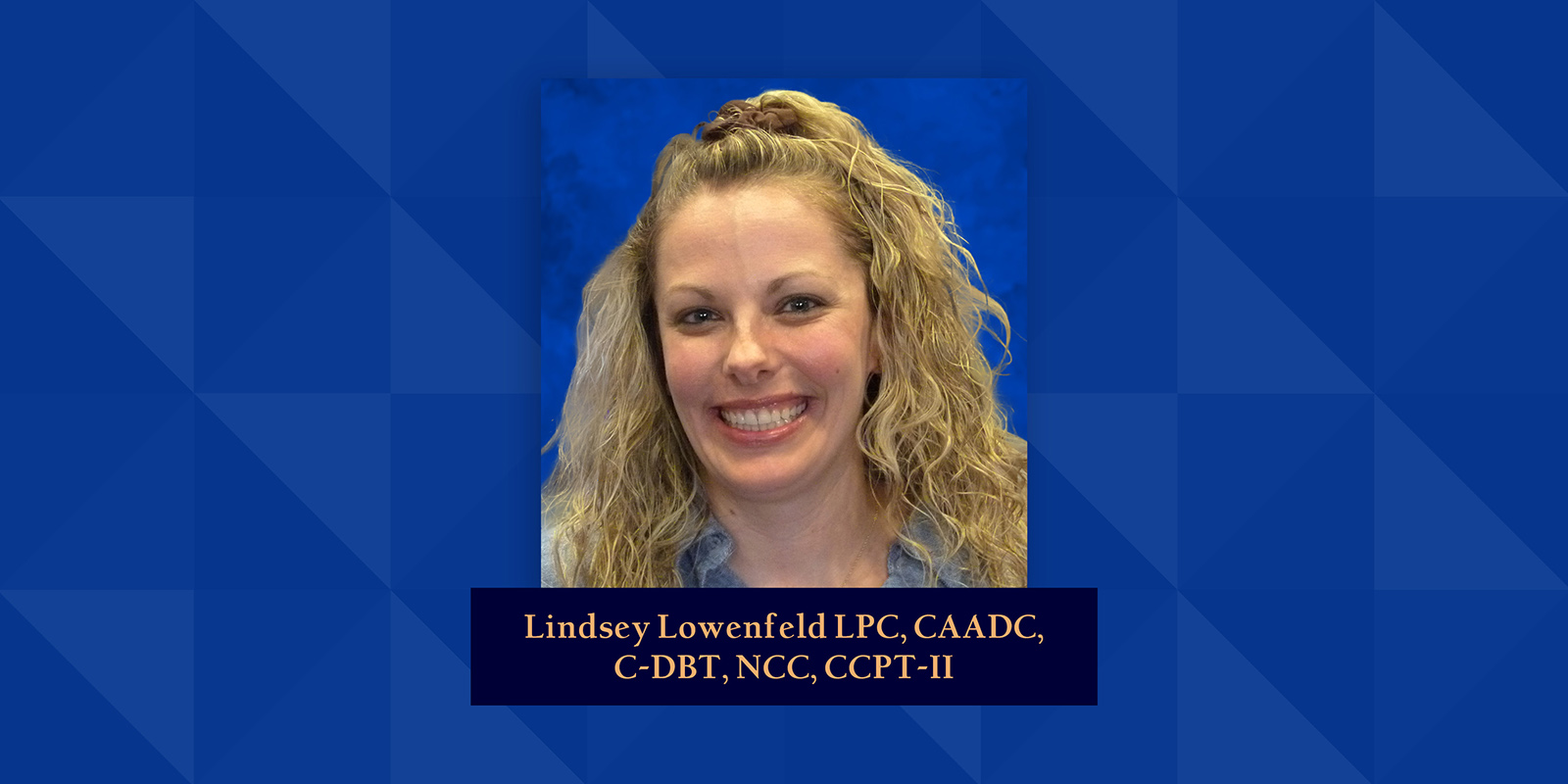How PPI and Lindsey Lowenfeld Are Transforming Mental Health Care
As Mental Health Awareness Month unfolds, Lindsey Lowenfeld, a therapist and clinical manager at Pennsylvania Psychiatric Institute (PPI), shares valuable tips on how everyone can take better care of their mental health.
“We all have mental health, just like we all have physical health. It’s crucial to talk about it and seek help when needed,” said Lowenfeld when discussing one of the critical parts of any discussion surrounding improved mental health.
Simple Steps to Better Mental Health
Lowenfeld believes caring for our mental health should be as regular as brushing our teeth.
Here are some tips she suggests:
Stay Active
Do things that get you moving and make you happy, like playing a sport or going for a walk.
Check In with Yourself
It’s essential to stop and think about how you’re feeling. Are you sad, tired or worried? Recognizing your feelings is the first step to feeling better.
Talk About Your Feelings
Sharing your feelings with friends, family or counselors can make a big difference.
Accumulate Moments of Joy
Reflect back on your successes, and don’t be afraid to take the time to enjoy simple pleasures. From watching your favorite show to reading a book to having a conversation with a friend, permit yourself to do what makes you happy.
“Practicing good mental health care is as essential as any other part of your health routine,” Lowenfeld points out. She went on to explain that just as you wouldn’t ignore a severe headache or a recurring cough, we shouldn’t overlook our mental health needs. It’s about taking those small steps daily to ensure we feel our best.
Breaking Down Mental Health Stigma
Many people feel uncomfortable talking about mental health because of stigma, which is when people view mental health problems in a negative way. Lowenfeld works hard to change these views. She teaches others at PPI and in the community that it’s okay to talk about mental health and seek help.
“Just talking about your experiences can open doors for others to do the same and remind everyone that they are not alone,” Lowenfeld explains.
How PPI Supports Its Clients
At PPI, Lowenfeld and her team help people with challenging emotions or mental health issues. They have special programs for children, adolescents and adults. PPI also offers support groups where people can meet others facing similar challenges.
As a Penn State Health Enterprise, PPI can help its clients in various ways. A few of the services they offer are:
- Adult Psychiatric Programs
- Electroconvulsive Therapy (ECT)
- Hispanic Psychiatric Programs
- Mature Adult Psychiatric Programs
- Child and Adolescent Psychiatric Programs
- Dialectical Behavior Therapy (DBT)
- Option Treatment Program
- First Episode Psychosis (CAPSTONE)
PPI offers a wide range of services for individuals with depression, eating disorders, anxiety and phobias, post-traumatic stress disorder (PTSD), attention deficit disorder (ADD), schizophrenia, bipolar disorder, emotional and behavioral problems, addictions, memory loss and more. You can learn more by visiting our website.

Supporting Staff to Improve Client Care
“One of the things that I did early in my manager role is to develop training on working with individuals with borderline personality disorder,” shared Lowenfeld. “It was to address the kind of stigma that individuals in the mental health field can have towards working with individuals with that diagnosis.”
This training, supported by PPI and encouraged by the managers, is a clear example of the work undertaken to create a well-supported and educated staff that can provide the best care for clients. This training, among others regularly offered, not only educates but also empowers the staff, enhancing their ability to provide compassionate and effective care.
“We are constantly working to coach employees and get them in the positions they want to be in,” she says. This approach includes providing staff with the resources and opportunities to pursue further training and specialization, particularly in areas like trauma therapy and DBT.
Looking Ahead at Mental Health in Central Pennsylvania
Lowenfeld dreams of making even more people aware of how important mental health is. She hopes to see more services available for everyone and less worry about talking about mental health. “I would love to see less stigma for people seeking services,” she says.
This Mental Health Awareness Month, remember the important tips shared above and know that places like PPI are ready to help. Whether you are having a hard day or looking for ways to stay happy, you are not alone. PPI and therapists like Lindsey Lowenfeld are here to support you on your journey to good mental health.
If you’d like to learn more about PPI’s approach to mental health, please don’t hesitate to contact us by phone at 866-746-2496 or visit our website to learn more. We’re committed to providing an inclusive, welcoming space where everyone can access the care and support they need.
Mental Health Awareness Month
May is Mental Health Awareness Month. Since its inception in 1949, Mental Health Awareness Month has been a cornerstone of addressing the challenges faced by millions of Americans living with mental health conditions. You can learn more by visiting the National Alliance on Mental Illness (NAMI) website.

